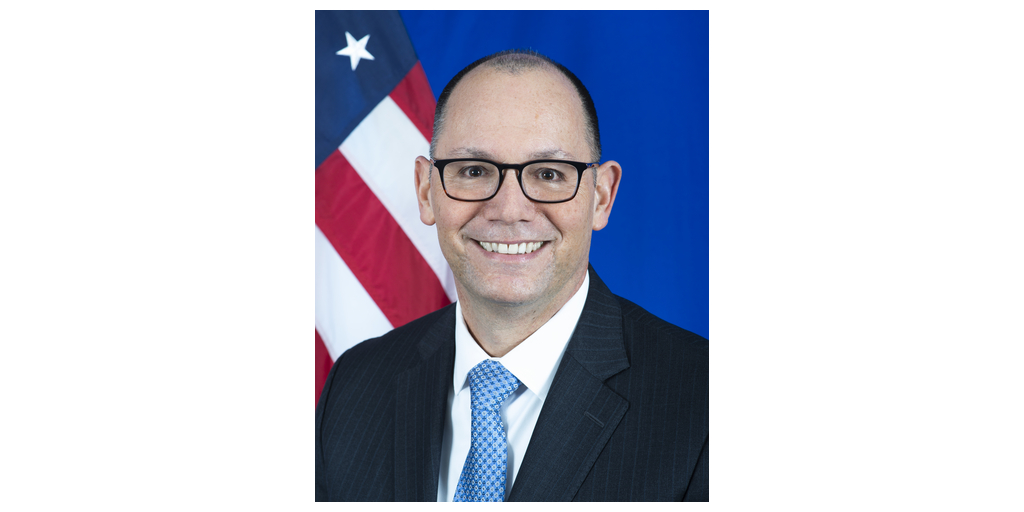BHP is halfway through completing the Jansen potash project in Saskatchewan, Canada, with Stage 1 construction surpassing the 50 per cent mark.
With Stage 2 now underway, the Big Australian is working towards completing the mill building, processing plant and port construction, all while finalising infrastructure and preparing to transfer the project to operations.
Stage 2 construction is expected to take six years and deliver production in 2029. It will be bolstered by a $CAN6.4 billion ($6.9 billion) investment BHP announced in November 2023.
“Reaching the half-way milestone for JS1 (Jansen Stage 1) is a testament to the dedication of our team Jansen workforce, our contractors and procurement partners, and the local and Indigenous communities surrounding the Jansen area,” BHP asset president potash Karina Gistelinck said.
According to BHP, the contract awarded to Wicehtowak Aecon LP in June brought the total awards to Indigenous businesses to over $CAN850 million ($928 million) since the sanctioning of Jansen Stage 1 in August 2021.
BHP vice president projects Simon Thomas said he was proud of this achievement.
“We have created of thousands of workforces and contractor opportunities, and we are especially proud of awarding over $850 million in contracts to Indigenous-owned businesses in the province,” Thomas said.
BHP is currently working with its workforce to ensure they have an “operations-ready mindset” as the project gets closer and closer to achieving its first ore in 2026.
The major miner anticipates that Jansen will become one of the world’s largest potash mines, producing approximately 8.5 million tonnes per annum and boosting global production by an estimated 10 per cent.
“Building one of the largest potash mines in the world requires an all-hands-on-deck approach, and the province has really come together to make a project of this magnitude possible,” Gistelinck said.
“Delivering Jansen safely remains our top priority as we get ready for Jansen operations in 2026.”
Canada lists potash as a critical mineral as it is an essential input in nutrient-rich soils required for global food security. It is yet to be considered a critical mineral in Australia.
Subscribe to Australian Mining and receive the latest news on product announcements, industry developments, commodities and more.




